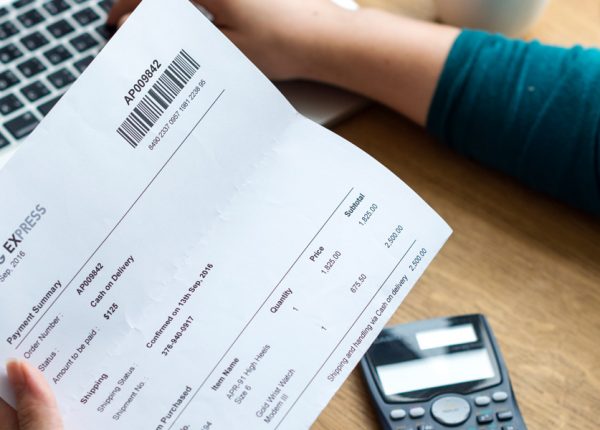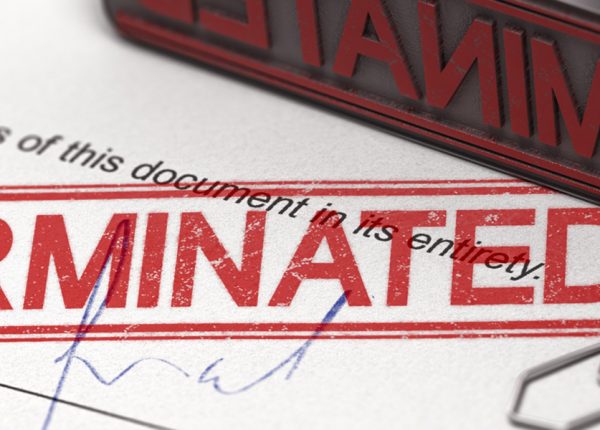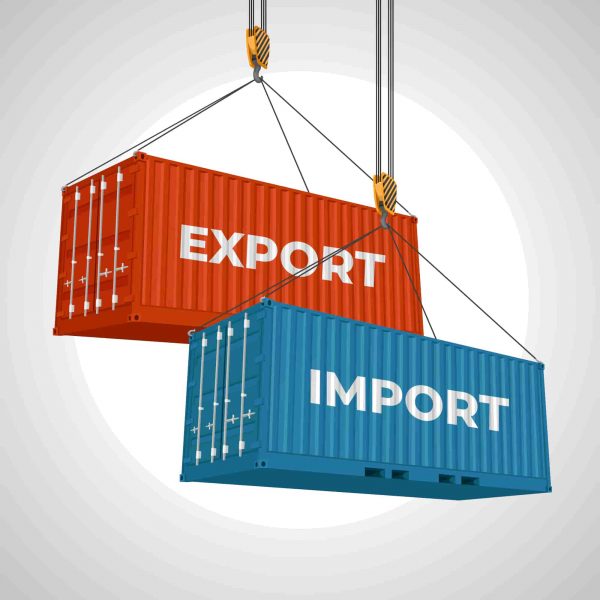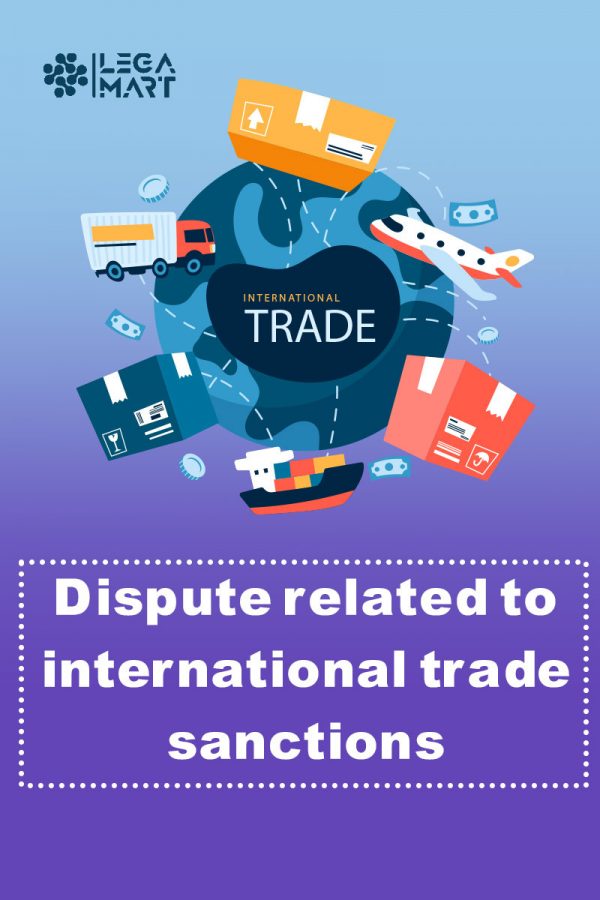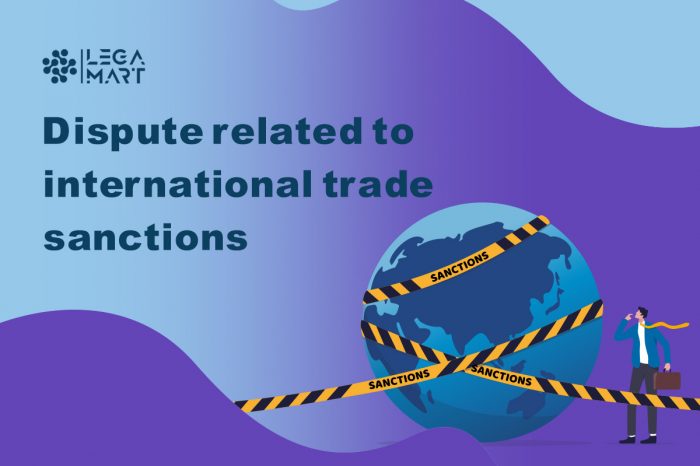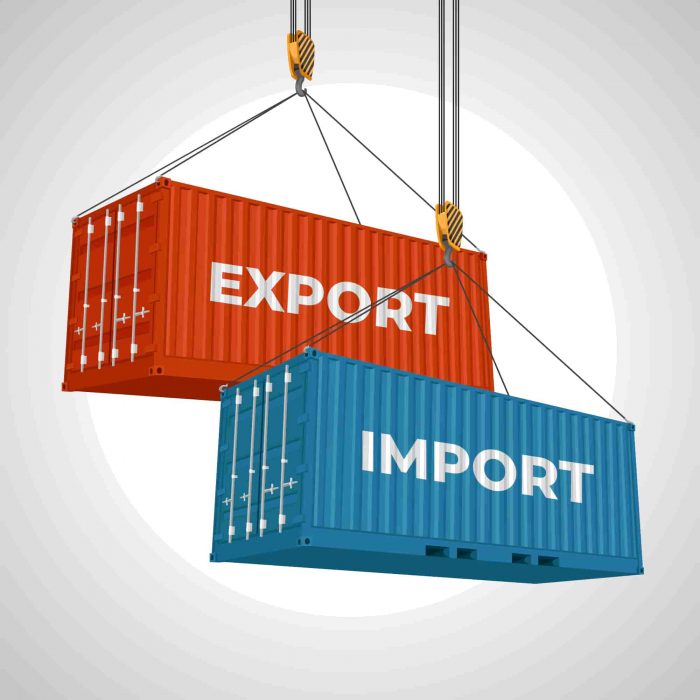International Trader
International traders face a wide range of legal issues, from taxation to intellectual property. The legal demands of international traders depend on the type of business being conducted, the country or countries involved, and any applicable international trade laws. In addition to any domestic laws that may apply, international traders must comply with a wide range of international regulations, including the World Trade Organization (WTO) agreements, the General Agreement on Tariffs and Trade (GATT), and any applicable regional trade agreements.
Finally, international traders may also need to abide by different consumer protection laws in different countries, such as those relating to product safety, consumer contracts, and consumer dispute resolution.
Common legal issues
By selecting each issue, we will filter related articles for you.
Most successful lawyers in LegaMart for International Trader
As an International Trader, you need to know the followings:
Business transactions involve many issues that international traders cannot anticipate. Therefore, international traders need to seek legal advice and representation to navigate through legal issues that may arise during their business and accompany traders in successful trade agreements. Some common legal issues that may arise are:

The process of company registration as a foreign entity
While the registration process varies by country, it includes steps such as selecting a company structure, obtaining an employer identification number, and filing financial reports.

Securing intellectual property rights
Intellectual property has grown at an exponential rate in the international trade realm. Filing for intellectual property is important because it grants you exclusive rights to manufacture and market your inventions. This also helps you enforce your rights against those who exploit your work for financial gain.

Avoiding double taxation
To resolve the taxability issue of income and increase transparency, it is critical to enter into a double tax avoidance agreement for income earned in the foreign and resident states.

Custom regulations
Different countries have different security checks and regulations to ensure the safety, security, and quality of imported goods. Customs frequently impose additional testing, licensing, and labelling requirements to sell products in their market. This takes a long time and necessitates the assistance of a customs agent. Having an export plan following the rules and documentation established by the governing bodies of the specified countries is required.
Latest Articles
Tell us more about your problem.
Please give a brief description about what it is you need to talk to our lawyers about ?
Frequently Asked Questions
How does a Bill of Lading work in international trade transactions?
A Bill of Lading is a document that serves as a contract between the shipper and the carrier of goods. It provides evidence that the goods have been received by the carrier, and it specifies the terms and conditions of the transportation of the goods. It is also used as a receipt of goods and a title of ownership. In international trade transactions, a Bill of Lading is an essential document for the transfer of goods between countries.
What is the process of conducting legal due diligence when entering into a business transaction with an international partner?
The process of conducting legal due diligence when entering into a business transaction with an international partner involves a thorough review and assessment of the legal and regulatory framework that governs the transaction. This includes reviewing the relevant laws and regulations, contracts, licenses, permits, and other legal documents that are relevant to the transaction. It also involves identifying potential risks and liabilities associated with the transaction and developing strategies to mitigate or address these risks.
What are the differences in trademark laws between the two countries?
In the United Kingdom, trademarks are registered with the Intellectual Property Office (IPO) and protected under the Trade Marks Act 1994. The registration process typically takes around 3-4 months and requires proof of use in order to maintain the trademark. Trademark rights are based on registration rather than use, which means that even if a trademark has been used extensively but not registered, it may not be protected. The UK also allows for broader protection for “well-known” trademarks.
In China, trademarks are registered with the China National Intellectual Property Administration (CNIPA) and protected under the Trademark Law of People’s Republic of China. China follows a “first-to-file” system, which means that whoever files a trademark application first generally has priority over others who may have used the mark before them. This makes it important to register a trademark as early as possible in China. The registration process can take up to 18 months and there is a high volume of trademark applications, which can make it difficult to secure a registration. Additionally, enforcement of trademark infringement can be challenging in China.
In Brazil, trademarks are registered with the Brazilian Patent and Trademark Office (INPI) and protected under the Industrial Property Law. Like the UK, trademark rights are based on registration rather than use, but there is an exception for well-known trademarks. The registration process can take up to 36 months and requires proof of use after the first five years of registration. Enforcement of trademark infringement can also be challenging in Brazil.
It is important to note that these are only brief overviews and there may be many specific nuances or differences in the trademark laws of each country.
What are the key provisions of an international franchise agreement?
An international franchise agreement typically includes the following key provisions:
Grant of Franchise: This provision defines the rights granted to the franchisee, including the right to use the franchisor’s trademark, trade name, or other proprietary information.
Territory: The agreement will specify the geographic area where the franchisee has the exclusive right to operate the franchise.
Term: The length of the franchise agreement and any renewal options should be clearly defined.
Fees and Royalties: The agreement should specify the fees and royalties payable by the franchisee to the franchisor, including any initial franchise fees, ongoing royalty fees, and advertising fees.
Training and Support: The franchisor should provide training and ongoing support to the franchisee, including assistance with site selection, marketing and advertising, and operational procedures.
Operations Manual: The franchisor should provide the franchisee with an operations manual that outlines the standards and procedures for operating the franchise.
Quality Control: The franchisor should have the right to inspect the franchisee’s operations to ensure compliance with the standards set forth in the agreement.
Intellectual Property: The franchisor should retain ownership of all intellectual property associated with the franchise, and the franchisee should agree to protect and maintain the franchisor’s intellectual property rights.
Termination: The agreement should specify the circumstances under which the franchise may be terminated, including breach of the agreement by either party.
Dispute Resolution: The agreement should include a mechanism for resolving disputes between the franchisor and franchisee, such as arbitration or mediation.
These provisions are designed to establish a clear understanding between the franchisor and franchisee and to protect the interests of both parties. It is important to consult with legal counsel when drafting an international franchise agreement to ensure compliance with local laws and regulations.
How does a letter of credit facilitate international trade?
A letter of credit (LC) is a financial instrument that can facilitate international trade by providing security to both the buyer and seller involved in the transaction. Here’s how it typically works:
The buyer requests an LC from their bank, which commits to paying the seller if certain conditions are met.
The seller ships the goods to the buyer and presents the necessary documents to their own bank, which forwards them to the buyer’s bank.
If the documents comply with the terms of the LC, the buyer’s bank will pay the seller, provided that the seller has fulfilled their obligations under the agreement.
By using a letter of credit, both parties can have confidence that they will receive what they bargained for, as long as they meet the conditions set forth in the LC. The buyer is assured that they will not have to pay until the goods are shipped and the necessary documents are presented, while the seller is assured they will receive payment once the conditions are met.
The use of LCs can help reduce risks associated with international trade, such as non-payment or fraud, and can provide a level of assurance for both parties. However, it’s important to note that LCs can be complex instruments, involving multiple parties and detailed documentation. It’s recommended that parties seek legal and financial advice before entering into a transaction involving a letter of credit.
How can I resolve a dispute with an international business partner?
Resolving a dispute with an international business partner can be challenging, but there are several steps you can take to help resolve the issue:
Try to Resolve the Dispute Amicably: The first step is to try to resolve the issue through direct communication with your partner. This can involve discussing the issue and trying to find a mutually acceptable solution.
Seek Mediation: If direct communication fails to resolve the issue, you can consider engaging a mediator who can help facilitate negotiations between the parties.
Arbitration: If mediation does not work, arbitration is another option that involves having an impartial third party make a binding decision on the dispute. This process can be quicker and less expensive than litigation.
Litigation: Litigation should be considered as a last resort because it can be expensive and time-consuming. However, if all other options fail, litigation may be necessary to resolve the dispute.
Consult Legal Counsel: It’s important to consult with legal counsel who is familiar with the laws and regulations of both countries involved in the dispute. They can advise you on the most effective strategies for resolving the dispute and protect your interests.
Review the Contract: You should review the contract carefully to determine if there are any provisions that address dispute resolution. The contract may require parties to engage in specific dispute resolution procedures.
Keep Communication Open: Throughout the dispute resolution process, it’s important to keep communication open and maintain a professional demeanor. This can help minimize misunderstandings and facilitate progress towards a resolution.
By taking these steps, you can increase the likelihood of reaching a successful resolution with your international business partner.
How do the laws of the United Kingdom and China affect the process of business termination?
The laws of the United Kingdom and China have different requirements when it comes to the process of business termination.
In the United Kingdom, the Companies Act 2006 sets out the legal requirements for the termination of a business. The process typically involves filing a notice of dissolution with the Registrar of Companies, notifying creditors and shareholders, and settling all outstanding debts and obligations. In addition, directors must ensure that they have fulfilled their duties and responsibilities before the company is terminated.
In China, the process of terminating a business is governed by the Company Law and other relevant regulations. The process typically involves obtaining approval from various government departments, liquidating assets to pay off debts, and settling outstanding tax obligations. In certain circumstances, such as bankruptcy or insolvency, Chinese law requires that the company be liquidated by a court-appointed liquidator.
Both UK and Chinese law require that a business terminate in accordance with local regulations, which will vary depending on the specific circumstances. Both jurisdictions also require that all stakeholders, including employees, creditors, and shareholders, be appropriately compensated during the termination process.
It is important to seek legal advice from experts in both jurisdictions to ensure compliance with local laws and regulations when terminating an international business.
What are the key provisions of an import/export agreement?
An import/export agreement is a legal contract that outlines the terms and conditions of a transaction between an importer and exporter. The key provisions of an import/export agreement typically include the following:
Scope of the agreement: This provision defines the scope of the agreement, including the goods or services being imported or exported, as well as any related activities such as packaging, labeling, transportation, or insurance.
Price and payment terms: This provision outlines the price for the goods or services, including any applicable taxes or fees, as well as the payment terms, such as when payment is due and how it will be made.
Delivery terms: This provision describes when and where the goods will be delivered, as well as the method of delivery, the party responsible for arranging and paying for transportation, and any related documentation required for customs clearance.
Warranties and representations: This provision sets out any warranties or guarantees provided by the seller regarding the quality, condition, or fitness for purpose of the goods or services being sold, as well as any representations made by either party about the transaction.
Intellectual property rights: This provision addresses any intellectual property rights associated with the goods or services being sold, including patents, trademarks, copyrights, and trade secrets.
Governing law and jurisdiction: This provision specifies which law will apply to the agreement and which court or arbitrator will have jurisdiction in case of any disputes arising from the agreement.
Confidentiality and non-disclosure: This provision requires both parties to keep confidential any proprietary or sensitive information disclosed during the course of the transaction, and not to disclose such information to third parties without the other party’s consent.
Termination and remedies: This provision sets out the circumstances under which the agreement can be terminated, as well as the remedies available to each party in case of breach or termination.
Force majeure: This provision addresses what happens in case of unforeseeable circumstances beyond the control of either party, such as natural disasters, war, or government actions, that make it impossible to fulfill the terms of the agreement.
These provisions may vary depending on the specific goods or services being imported or exported, as well as the countries involved in the transaction. It is important to seek legal advice from professionals with experience in international trade to ensure that the import/export agreement is properly drafted and complies with all applicable laws and regulations.
